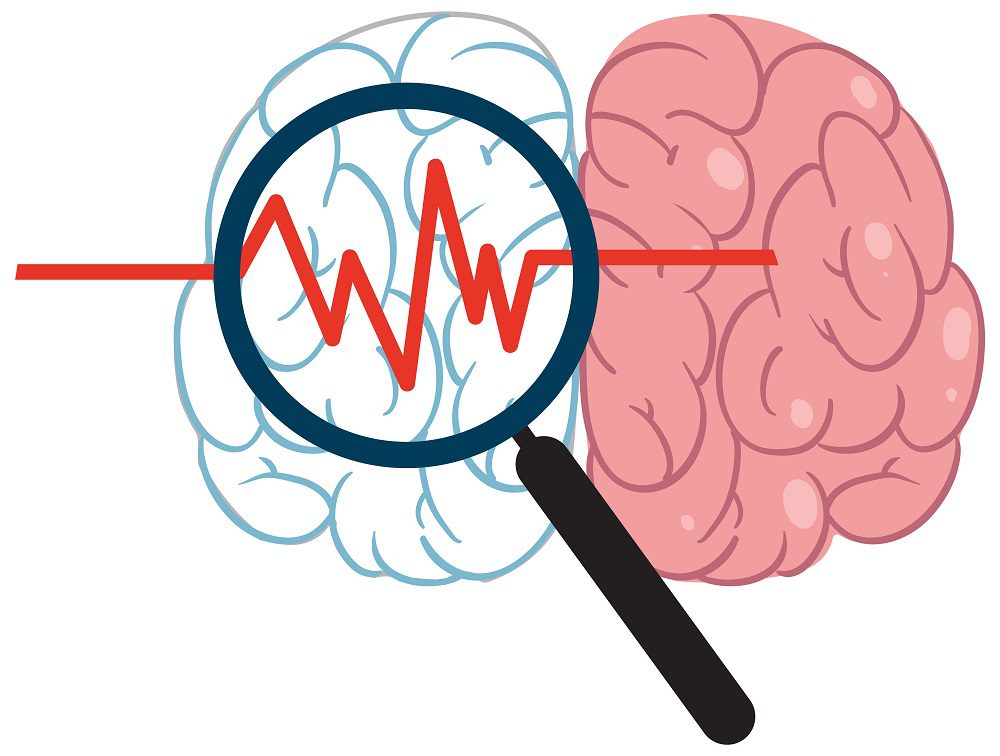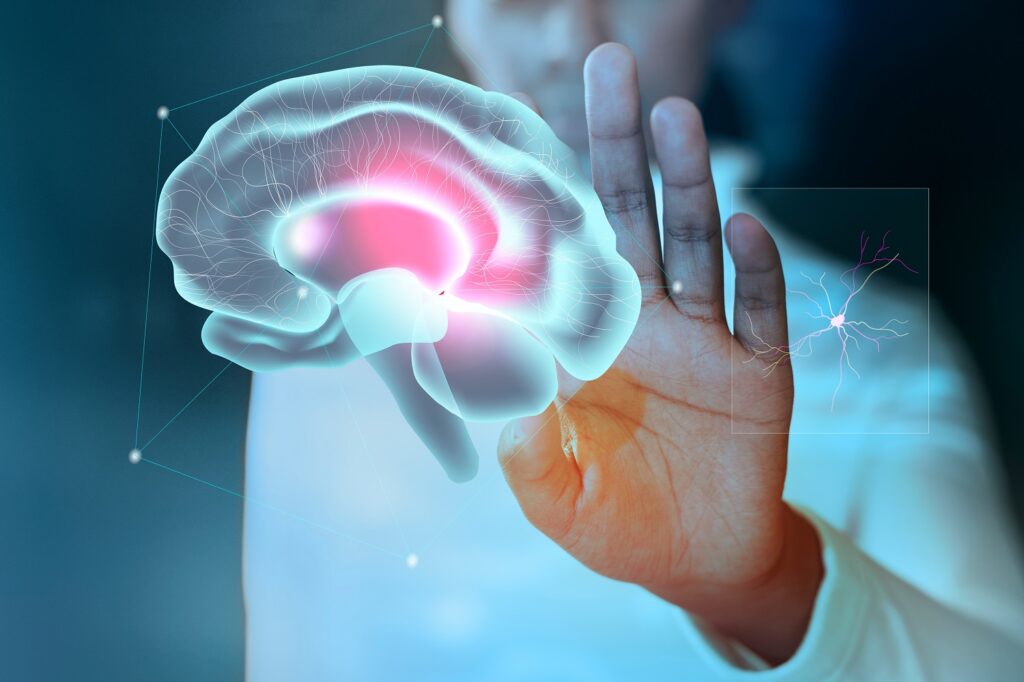Alzheimer’s disease is one of the greatest health challenges, affecting tens of millions of people worldwide. Amyloid-β(Aβ) and tau pathology are the defining pathological features of AD. Early disease prediction can be helped with genetic data as an individual’s genetic makeup does not change over time and genetic data are precise and inexpensive to measure.
The currently available plasma biomarkers reflect different aspects of AD, some of which can be attributed to aging in addition to the disease-specific features, while others are specifically related to the disease progression mechanisms. Biomarkers have the advantage of specificity over clinical assessments. Thus, blood plasma biomarkers can only be a useful tool for the assessment and prediction of Alzheimer’s disease. It is yet not entirely established whether biomarkers by themselves could predict Alzheimer’s disease with greater accuracy.















